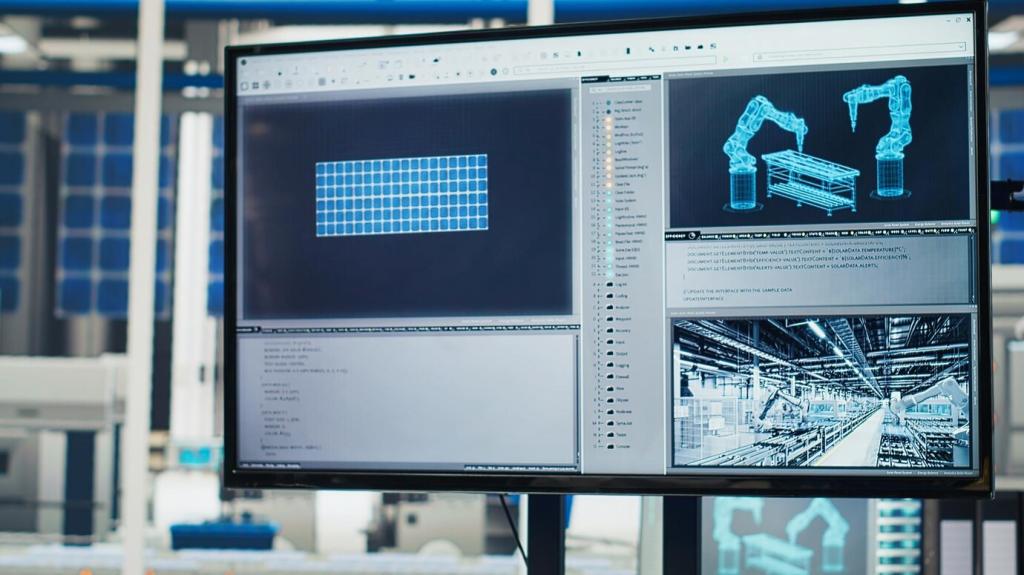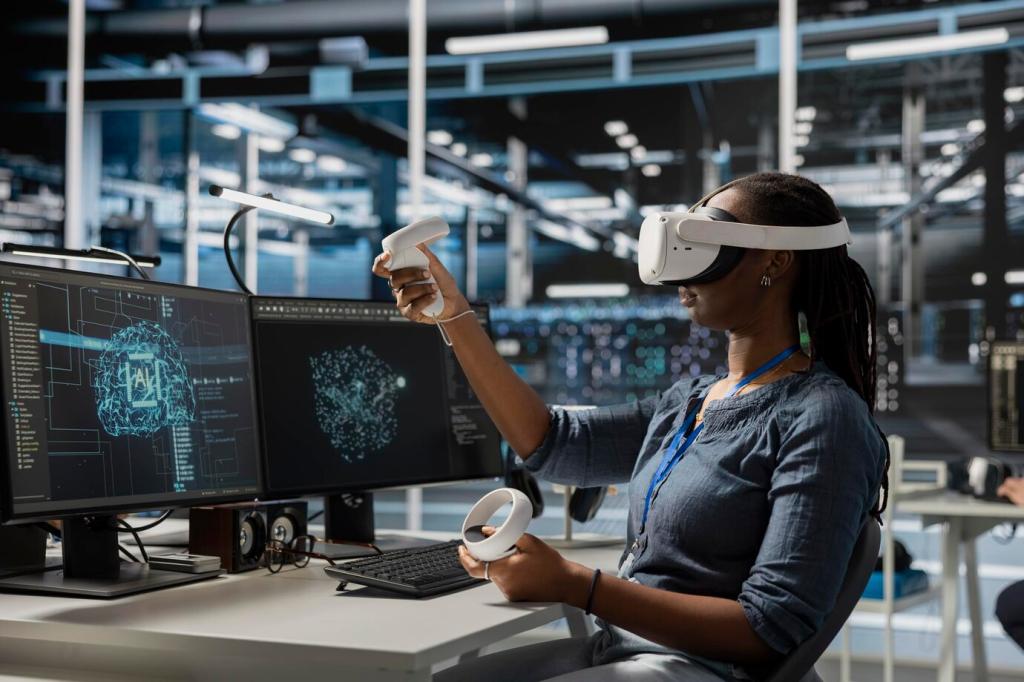
Integration of AI in Smart Homes
The integration of artificial intelligence into smart homes is revolutionizing the way we interact with our living spaces. By seamlessly combining advanced technology and intelligent algorithms, AI-powered smart home systems are making daily routines safer, more efficient, and personalized. The rise of smart home devices, from intelligent thermostats to voice-activated assistants, demonstrates how AI is becoming an integral part of home management. As adoption continues to grow, understanding the transformative potential of AI in smart homes becomes increasingly essential for modern homeowners seeking comfort, convenience, and cutting-edge innovation.

Adaptive Environmental Controls
AI-driven smart home systems constantly monitor inhabitants’ preferences related to temperature, lighting, and air quality. By learning from interactions and schedules over time, these systems can preemptively adjust environmental controls without the need for manual intervention. This automation not only creates a personalized living space but also helps optimize energy consumption, improving both comfort and efficiency. The subtle, ongoing adjustments performed by the AI ensure that each member of the household enjoys optimal conditions, even as routines and external circumstances change.

Intelligent Scheduling and Routines
Smart home assistants powered by artificial intelligence can generate and manage daily schedules for users, coordinating tasks such as turning appliances on or off, preparing coffee in the morning, or activating security features at night. By analyzing behavioral data and anticipating upcoming needs, these AI assistants allow residents to focus on what matters most rather than routine management. Over time, these intelligent systems become more adept at predicting needs, reducing the cognitive load on users while streamlining countless daily actions within the home.

Personalized Entertainment and Media
With AI integrated into entertainment systems, smart homes offer customized media experiences that evolve in response to user preferences. AI algorithms analyze music and video selections, recommending content that perfectly matches moods or special occasions. Voice-controlled entertainment hubs use contextual understanding to anticipate the desires of the viewers or listeners, whether it’s suggesting a movie for family night or automatically dimming lights and closing blinds for a home theater setup. This dynamic personalization transforms entertainment into a seamless, interactive experience.
Enhancing Home Security with Artificial Intelligence
AI-powered security cameras and sensors continuously analyze their surroundings for unusual activity. By leveraging deep learning and image recognition, these systems can distinguish between routine household events and potential threats. When anomalies are detected, the system can send real-time alerts to homeowners, providing immediate updates and facilitating rapid response. The result is a protective environment where security measures adapt and evolve to anticipate and prevent risks rather than simply reacting to them after the fact.


Previous slide
Next slide
